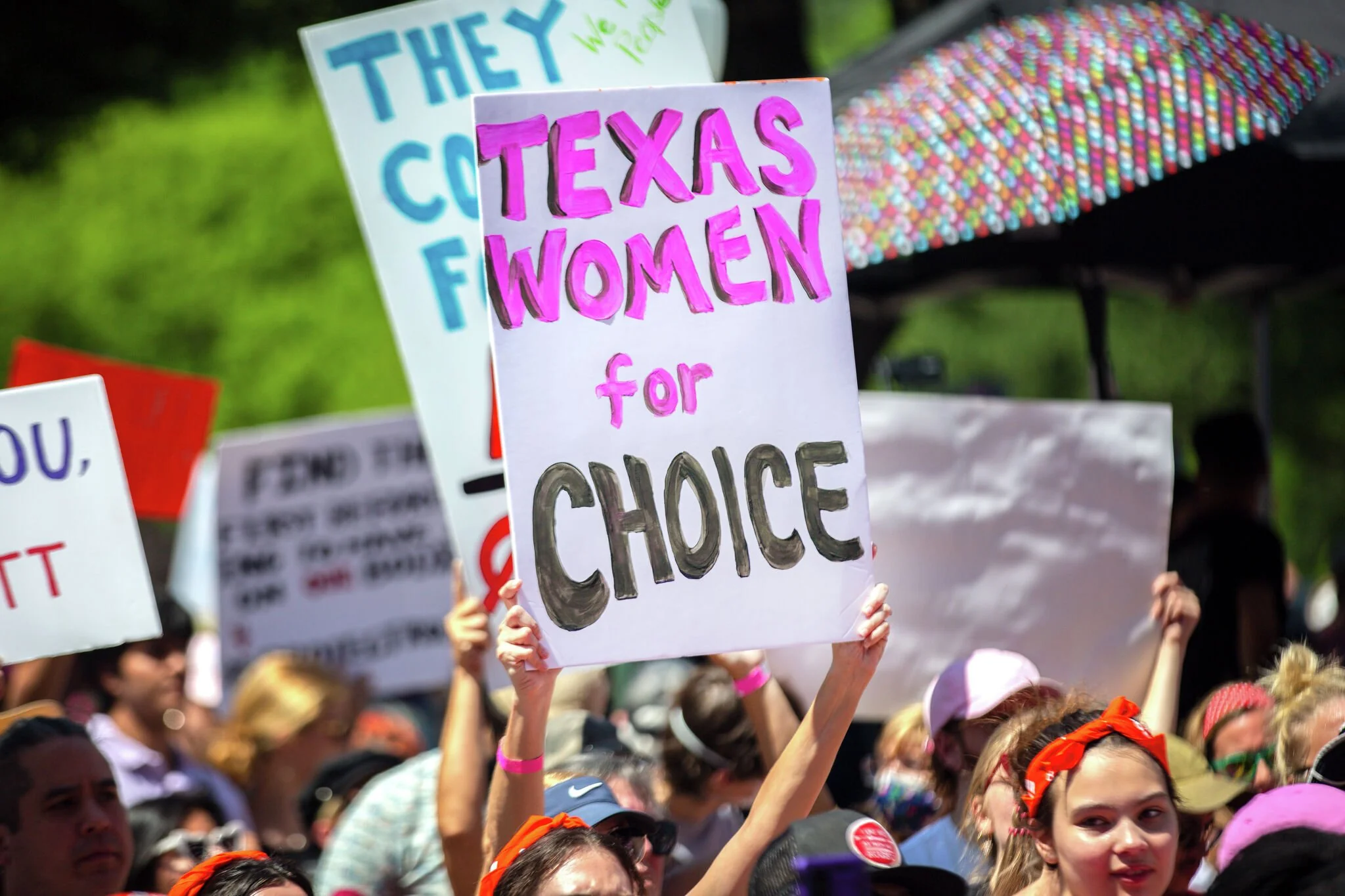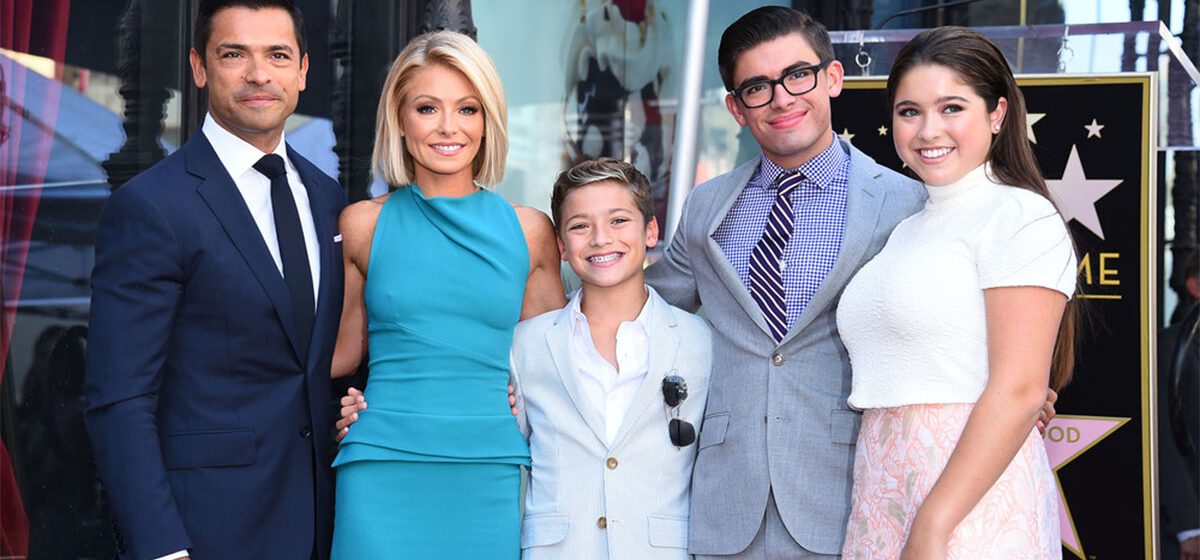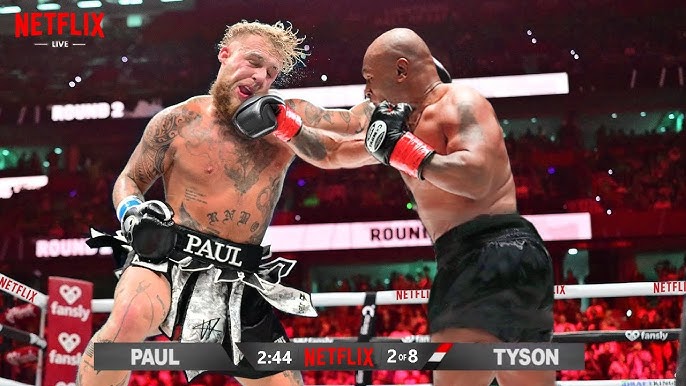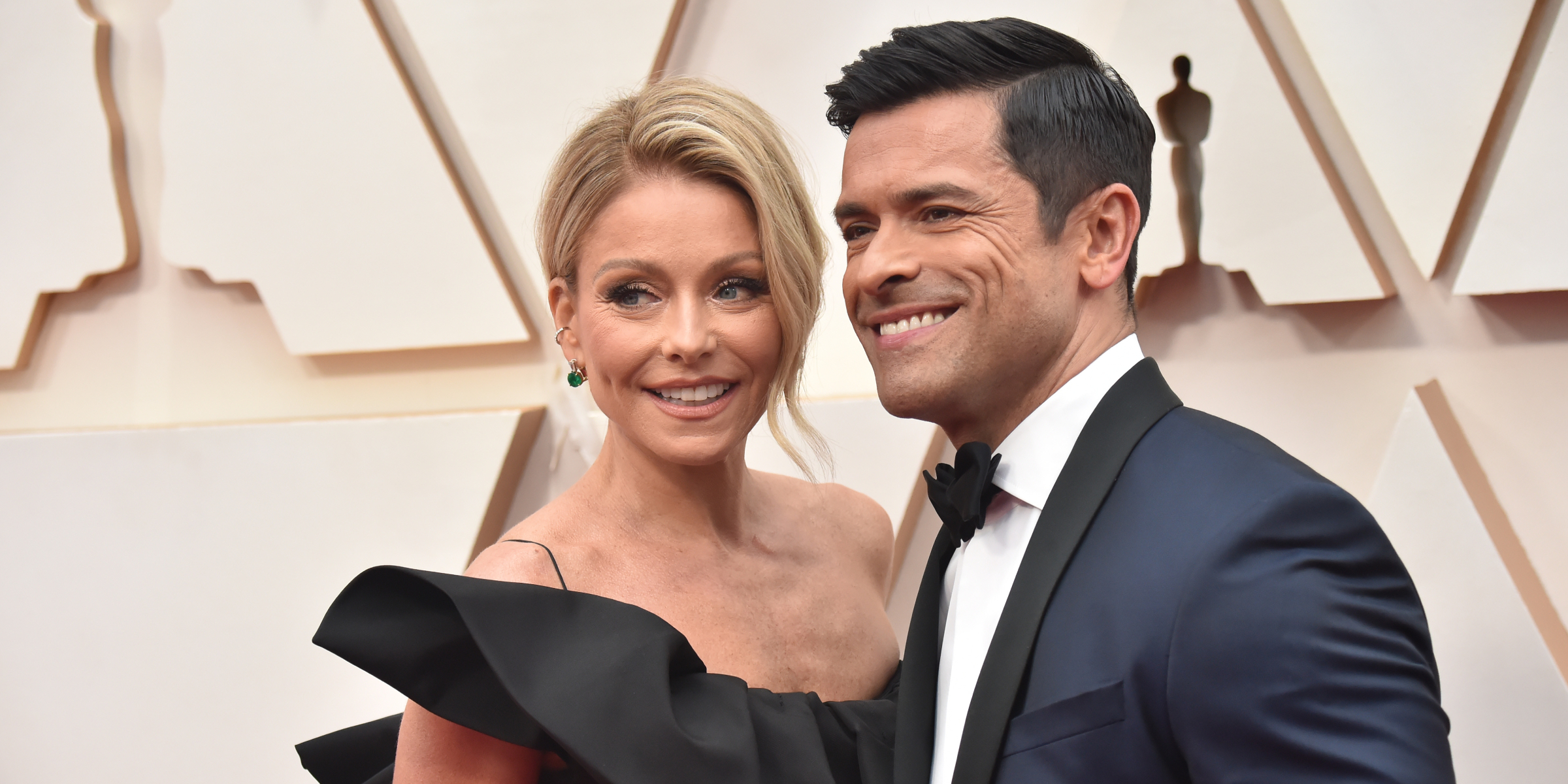Abortion has emerged as the most important issue in the November election for women under 30, according to a survey by KFF — a notable change since late spring, before Vice President Kamala Harris entered the presidential race.
Nearly four in 10 women under 30 surveyed in September and early October told pollsters that abortion is the most important issue to their vote. Just 20% named abortion as their top issue when KFF conducted a similar survey in late May and early June.
The new survey found other shifts among women voters that stand to benefit Harris, including an increase of 24 percentage points in the number of women who said they were satisfied with their choice of candidates and a 19-point increase in the number who said they were more motivated to vote than in previous presidential elections.
The changes suggest a significant setback among women in just a few months for former President Donald Trump.
“It looks worse for Donald Trump than it did back in June,” said Ashley Kirzinger, director of survey methodology at KFF, a health information nonprofit that includes KFF Health News. “Harris becoming the Democratic presidential nominee energized women voters in a way that the Biden candidacy had not.”
President Joe Biden abandoned his reelection bid on July 21, under pressure from Democratic Party leaders, after a stumbling performance in a June debate against Trump that reignited concerns about the 81-year-old’s fitness for a second term.
While women are more enthusiastic about voting for Harris than they were for Biden, the election remains close. Harris has a 2.5-point edge in national polls, according to a FiveThirtyEight analysis. Other polls have found a large gender divide in the election, with a majority of women backing Harris and a majority of men backing Trump.

Harris has long been one of the Democratic Party’s foremost advocates for abortion rights, and she has assailed Trump for appointing three conservative justices to the Supreme Court who joined in the 2022 ruling that overturned Roe v. Wade, the landmark 1973 opinion that guaranteed abortion access nationally. Thirteen states have since banned abortion with few exceptions, according to KFF.
Trump says the ruling merely returned the issue to states, and though his positions have often shifted, he has recently promised not to sign a national abortion ban. Harris says she would sign a law restoring nationwide abortion rights.
The former president has made sometimes awkward appeals to women voters.
“You will be protected, and I will be your protector,” Trump told women voters at a rally Sept. 23 in Indiana, Pennsylvania. “Women will be happy, healthy, confident, and free. You will no longer be thinking about abortion.”
The KFF poll found that Harris is gaining on Trump among women not just on abortion — a subject the former president tries to downplay, acknowledging its political peril — but also on economic issues, which Trump and his advisers regard as among their strongest arguments for his return to the White House.
Multiple polls have shown that the economy remains a top issue in the election, especially for Black and Hispanic women. About 75% of respondents in the KFF survey said they worry about household expenses “a lot” or “some.”
Inflation was the top issue for 36% of KFF survey respondents overall, while 13% identified abortion as their priority.
About 46% of women voters in the new poll said they trust Harris over Trump to address household costs, while 39% trust the former president more. Sixteen percent said neither.
In KFF’s previous poll of women in the spring, respondents were nearly evenly split on which party they trusted more to address rising household costs. About 40% said they trusted neither party.
On health care costs, Harris holds a significant lead over Trump in the new poll, with 50% trusting her more on the issue, 34% trusting Trump more, and 16% trusting neither.



